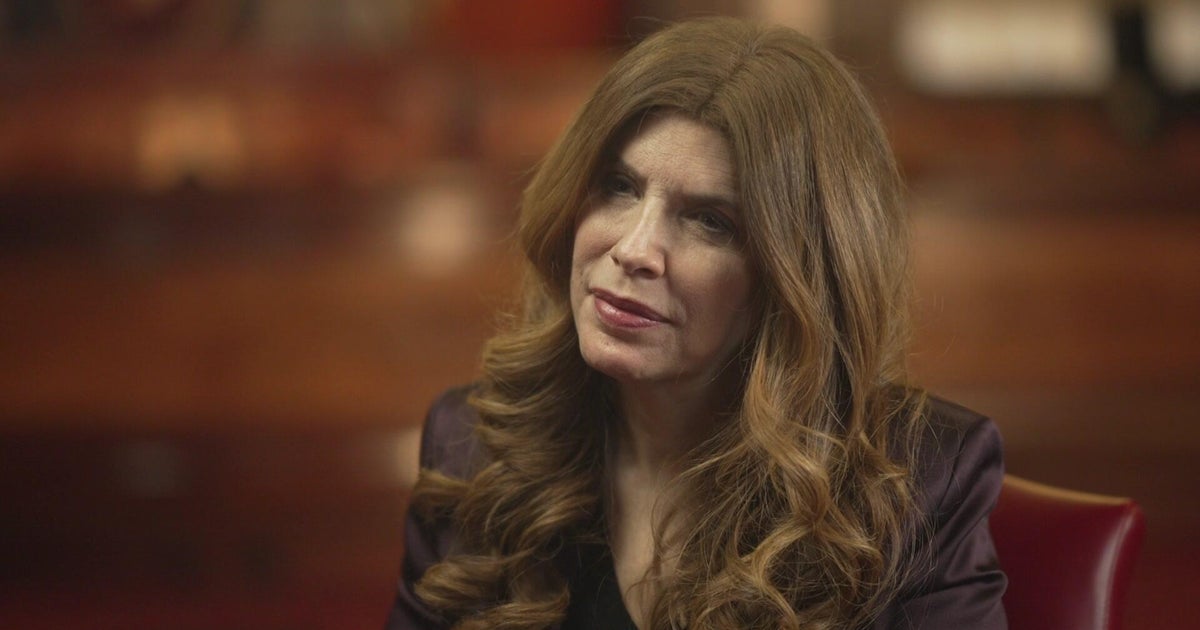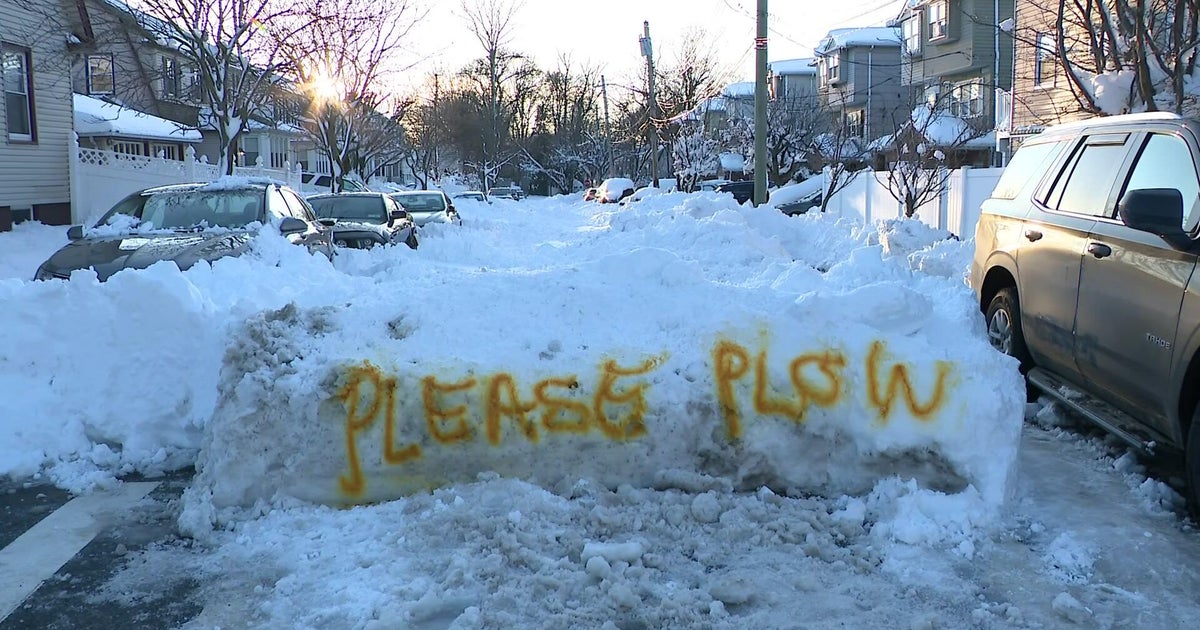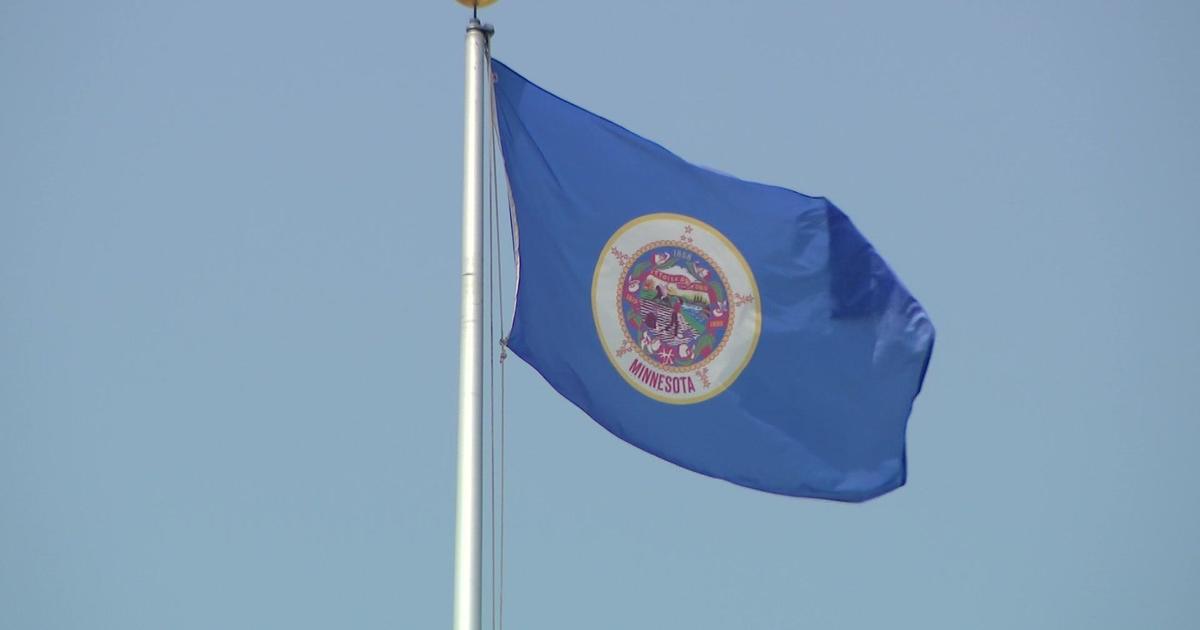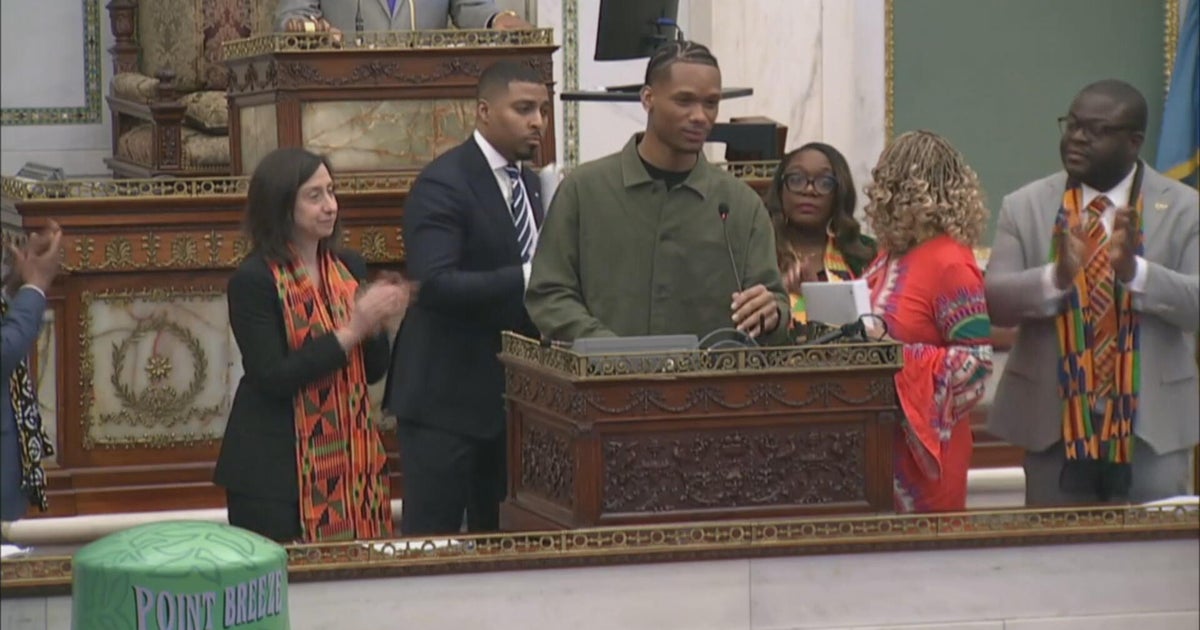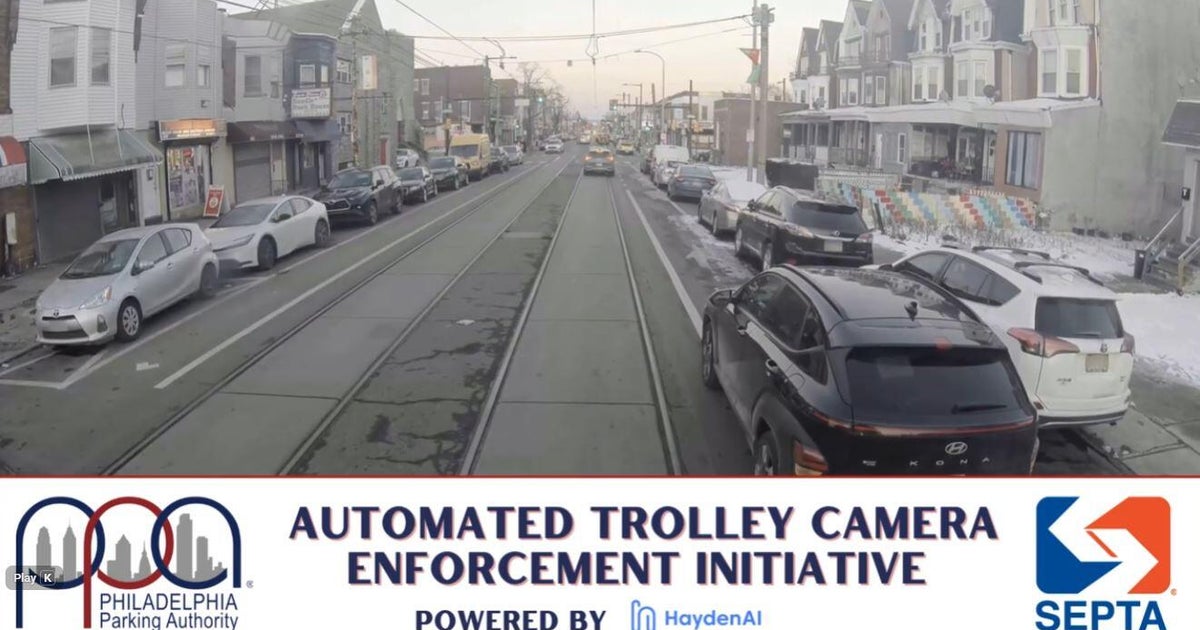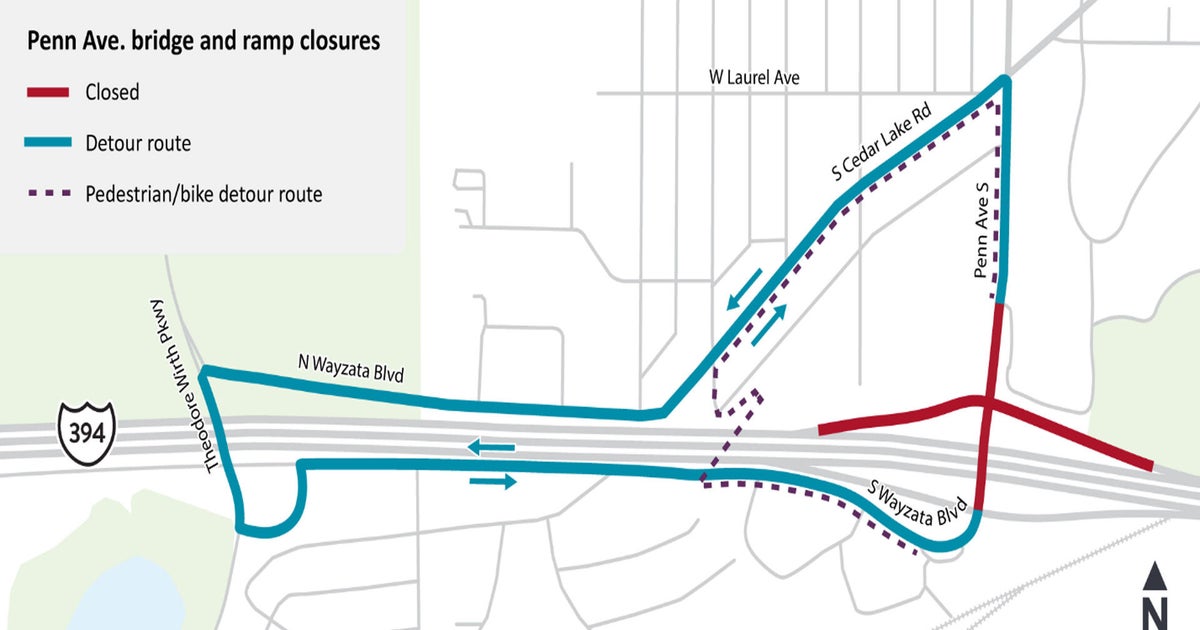With congestion pricing looming, NYC Councilmembers propose residential parking permit programs
NEW YORK -- With congestion pricing coming soon, some New York City Council members are looking for ways to help their residents deal with what is expected to become an exacerbated issue -- parking.
"You have a lot of people that don't obey the rules. They double park," one driver said.
Councilmember Carmen de la Rosa and Councilmember Lynn Schulman are both proposing bills that would launch pilot programs in which select Upper Manhattan and Queens residents would register for parking permits, meaning less spots for commuters.
"We have the George Washington Bridge. We have the Manhattan Bridge. We have the Broadway Bridge ... Our community is always sort of at the heart of congestion," de la Rosa said.
De la Rosa says she expects even heavier traffic throughout Inwood if congestion pricing hits, as more drivers will likely opt to take the George Washington Bridge.
"We are afraid that with congestion pricing, we will see more people driving into northern Manhattan, leaving their cars here and then taking the train down to avoid the toll," she said.
Some Upper Manhattan residents fear it's inevitable.
"The congestion coming downtown, too many people will want to park in the area here and you'll have to worry. It's nothing good," one person said.
Schulman, who represents District 29 in Queens, says residential parking permits are needed in the Kew Gardens neighborhood, where she expects more Long Island residents will be driving into the area and parking near the Long Island Rail Road as a result of congestion pricing.
"They park on the street and they park in front of people's houses ... There's not a lot of room in New York City to begin with, and particularly in the small neighborhoods in Queens, so this is something that can help residents to find parking where they live," Schulman said.
Similar residential parking permit bills have been introduced in the past but have failed to move forward. This time, councilmembers are hoping for a different outcome.
"A pilot program is important because then we can study the impact and see if it is sustainable across the city," de la Rosa said.
Both councilmembers say in the bills, revenue generated from the residential parking permits would go towards infrastructure upkeep in their districts.

